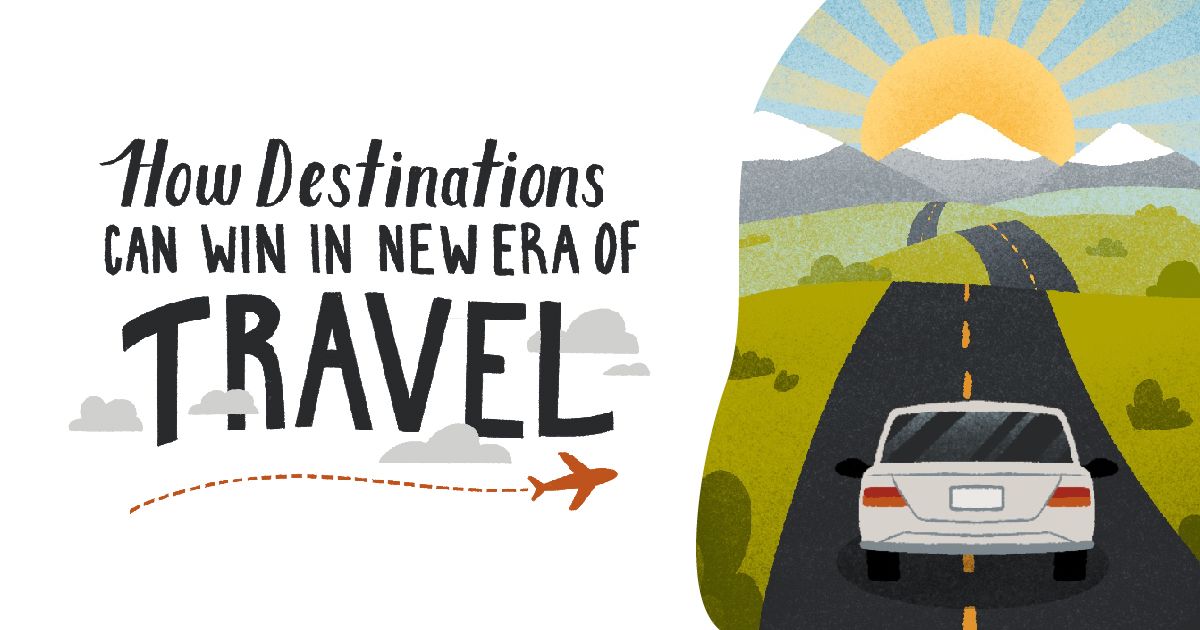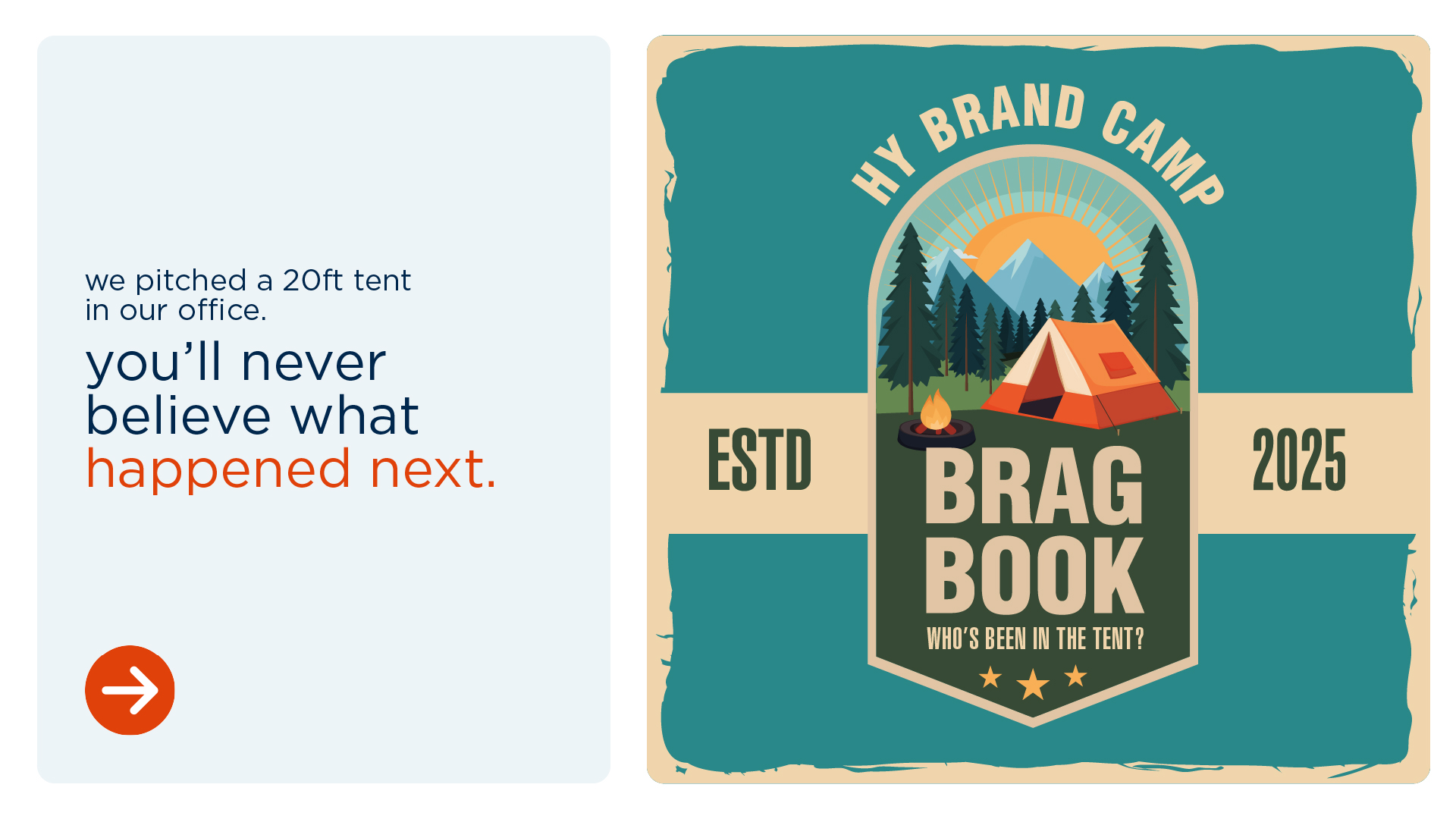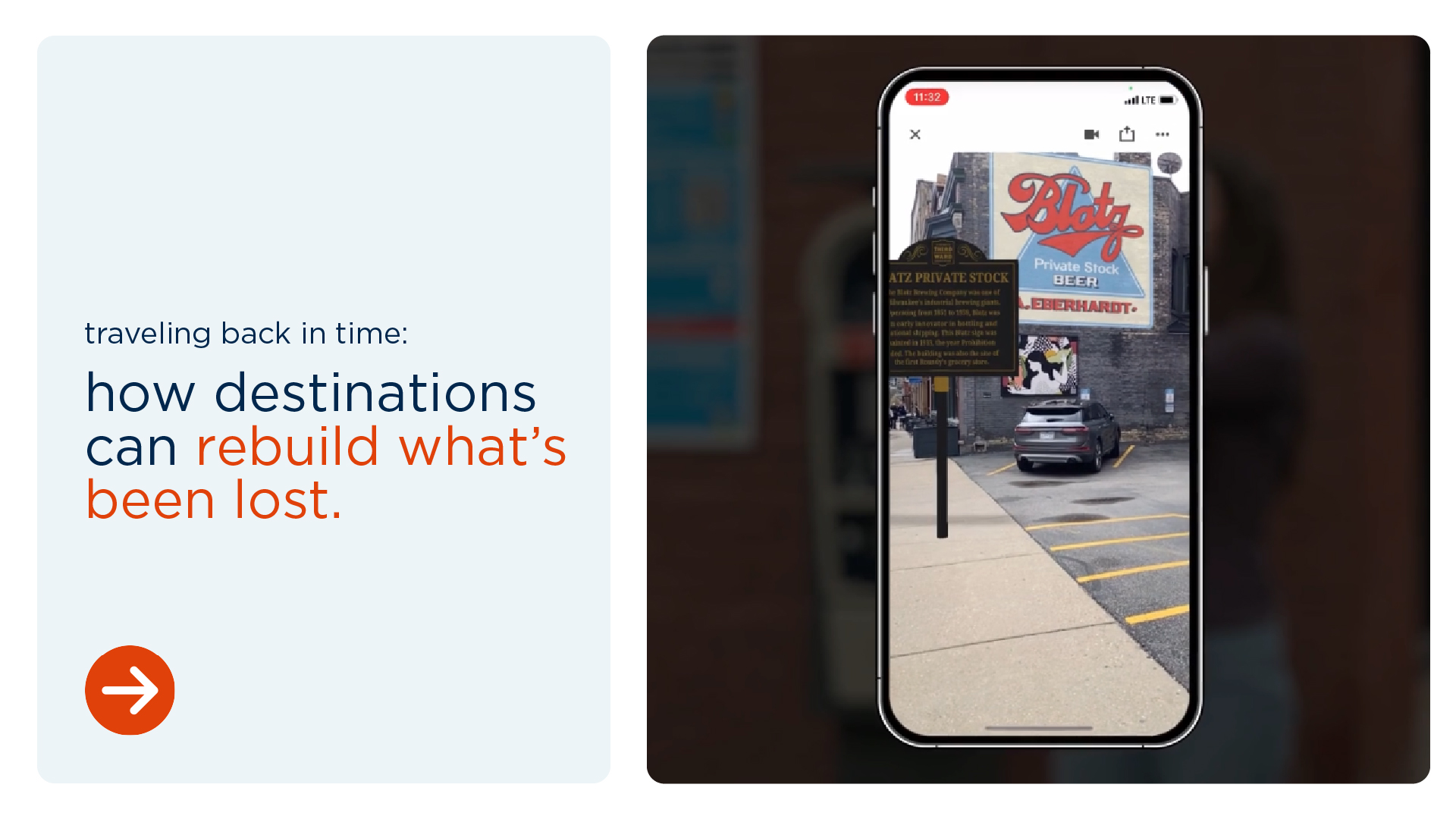How Destinations Can Win in New Era of Travel
May 6, 2023
Destination marketing is at a crossroads. As people began traveling again post-pandemic, many popular destinations became over-crowded. Now, more travelers are opting for new and uncommon experiences and more tourism marketers are focused on promoting lesser-visited areas. Seems like a win-win. However, while destinations are eager to disperse visitors, it begs the question: Are destinations prepared for this sudden shift? Here are 4 things to keep in mind when adjusting your destination marketing strategy:
Accessibility
Inflation is high and prices are up right now, so not everyone can afford to travel the way they may have in the past. This opens new avenues travelers may not have considered before. As we continue to see some of the highest airfare in years, those that may have typically flown to their destinations are now taking road trips. In fact, according to a recent Forbes survey, 42% of travelers plan to take a road trip in 2023.
We’re also seeing a revival in rail travel. This mode of transportation is convenient, lower in cost and reduces your carbon footprint. It also slows your travels down, so you have time to start your vacation early and enjoy the surroundings before you even arrive at your destination.
Many travelers weren’t comfortable staying around other people at hotels and resorts during the early days of the pandemic, so they gave online accommodation marketplaces such as Airbnb and Vrbo a try. They soon discovered there were many benefits to choosing private rentals and it has led to long-term changes to the way they travel today. For example, renting a vacation home is especially convenient for a family of four or more that would have needed more than one hotel room in the past. Now they might consider looking for a house with as many bedrooms as they need. The decision process for selecting accommodations has shifted for many travelers and it’s something advertisers should keep in mind as they determine their media plans.
Exclusive Offerings
The U.S. has been on the cusp of a recession for a while now. As a result, interest rates have gone up and people started to feel a pinch and spend a little less. But people who have money have been hit less hard because they were able to save money when interest rates were historically low. Now, they can still prioritize travel and new adventures because they can dip into their savings. The impacts haven’t been as bad on high-end travel. Studies show nicer hotels and restaurants continue to do well.
But in rural or other uncommercialized areas, it’s a different story. You likely won’t find as many established high-end offerings. So, what can you do to draw visitors in? You may need to build your unique offerings from scratch. That’s what we’re seeing with Hoffman York’s travel clients. For example, travelers flock to Montana for guided hunting or fishing trips. But now they want to follow it up with unique add-ons like glamping in high-end yurts. This provides a unique opportunity for you to partner with other outfitters to offer unexpected packages or experiences.
Unique Experiences
According to a Euronews Travel study, there has been an increased desire for more intimate and personal travel experiences such as staying in treehouses, huts and cabins. This was spurred by the pandemic-born trend for immersion in nature and wanting to have some distance from others. People also want more personalized travel. They aren’t satisfied with generic “cookie-cutter” trips anymore. Offering unique experiences is the way to lure these travelers in. For example, the Euronews Travel study deemed 2023 as the year of nature positive and carbon positive travel. Start thinking now about how you can offer opportunities for travelers to help repair, restore and invest in nature while they visit. Also, an Insider study highlights that travel for self-improvement is big. Leverage this trend by identifying how you can market what you offer to those looking for self-improvement or self-discovery experiences.
Opportunity to Work Where you Play
For ages, people used to tack on a weekend getaway to a business trip. But business travel stopped during the pandemic and a new trend was born: people started working where they vacation. And that trend is here to stay. The work-from-home shift has made people crave movement, activity and more outdoor experiences. Destinations like Montana and the Outer Banks did well during the pandemic and continue to do well because they offer an abundance of outdoor spaces and recreation.
Is Your Destination Ready?
The importance of building all destinations and areas in your tourism community has never been more critical… and this is because of the overcrowding, unsustainable tourism activities that were exacerbated by the outdoor tourism boom from the pandemic. You may need to rethink your whole approach and increase your investment. Destination marketing organizations have to rethink their long-term approach because it’s bigger than just marketing – it is destination management and stewardship.
What are the unique experiences your area offers and how do you market them? In some destinations, the unique means they might not be that sophisticated. Consider how this will impact the visitor experience. For instance, how easy is it for them to get there? What do they do when they get there? What kind of signage is needed? How easy is it to find information about these experiences online? The pandemic forced travel companies to get on board with technology and you will need to as well. You don’t want to turn under-the-radar experiences into overserved destinations.
Be Aware of the Implications
Many tourism destinations are judged on ROI—the number of travelers and the amount of money they bring into a destination. Destination marketers need to weigh the benefits of shifting focus and be clear with stakeholders of their intentions, and you’ll need to be prepared to be candid with tourism stakeholders that you're setting a new benchmark with your shifted marketing priorities. It’s an unrealistic expectation to maintain the same ROI when you increase your promotion of lesser-known areas. New benchmarks should be set if you move forward with a vastly different strategy or approach.
Keep in mind that making changes like these should be a long-term strategy for your destination marketing. This is a marathon and nothing will happen overnight. You are building for the future and need to be thoughtful with your approach.
Hoffman York is a destination marketing agency that helps DMOs across the country navigate these challenges and can help yours.



